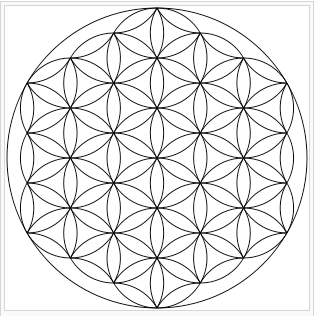46: Are you happy?
Dictionary.com defines happy: “1. delighted, pleased, or glad, as over a particular thing: to be happy to see a person. 2. characterized by or indicative of pleasure, contentment, or joy: a happy mood; a happy frame of mind.” Even though this definition doesn’t say it, happy is the opposite of sad. You can tell that two opposites relate to each other when you can you use one to describe the other, for instance; happy is not being sad and sad is not being happy. Within the definition of a thing you breed it’s opposite. This should be visualized as a yin yang symbol as opposed to a line with two ends. A line with two ends implies a gradient value between the two points on its extremes and can make the mind believe that points in the middle, and end have different values when in reality all of the points are flavors of the same value. The moment that you ask me/yourself if I/you are happy, we need to figure out where we stand in between happy and sad (not happy). Can you explain happiness
